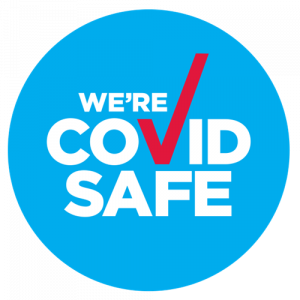A tongue-tie, also known as ankyloglossia, is when the tongue is anchored to the bottom of the mouth restricting movement. This may mean the tip of the tongue cannot poke out past a person’s lips or when their mouth is open they may have difficulty touching the roof of their mouth. Sometimes, when a person with a tongue-tie pokes out their tongue, the tongue will form a “w” or heart-shape.
What are the effects of a tongue-tie?
A lot of children with a tongue-tie have no speech issues. This is because a lot of the sounds in English are made with the tongue tip (s, d, n) and can be produced with a slight movement of the tongue. Sounds where the tongue needs to move more (l, r and th) can still be articulated clearly with reduced movement.
Speech issues and tongue-tie are most common in children and therefore, it is not surprising that the two may co-occur. However, this does not mean that a child’s speech delay is caused by their tongue-tie.
How can a speech pathologist help?
A speech pathologist can examine and evaluate the functional impact of a tongue-tie on individuals.
This includes:
- assessment and intervention for successful infant feeding
- assessment to determine the impact of a tongue-tie on swallowing, chewing and the tongues ability to adequately move food from lips, teeth and other parts of the mouth.
- Assessment and intervention of speech issues to determine whether a tongue-tie is impacting the clarity and intelligibility of the person’s speech.
When should surgery for tongue-tie be considered?
At birth, babies should be assessed to determine their ability to feed and latch. A Speech Pathologist and/or Lactation Consultant needs to be considered first before surgery.
Unfortunately, there is no guarantee that tongue-tie surgery will make speech clearer or resolve feeding issues.
Before considering surgery, Speech Pathology Australia recommends considering the following questions:
- What type of surgery are you doing?
- What will be the benefits of surgery?
- What will happen if you don’t do the surgery?
- Are there any side effects to the surgery?
- Will an anaesthetic be required?
- Will pain relief be required after surgery?
- What is the recovery period after surgery?
If you or your child are having difficulties with speech, or swallowing, speech pathology assessment and intervention is recommended before going ahead with surgery.
To discuss further or book an appointment, please call Harrison Speech Pathology and speak directly to one of our trained speech pathologists.

